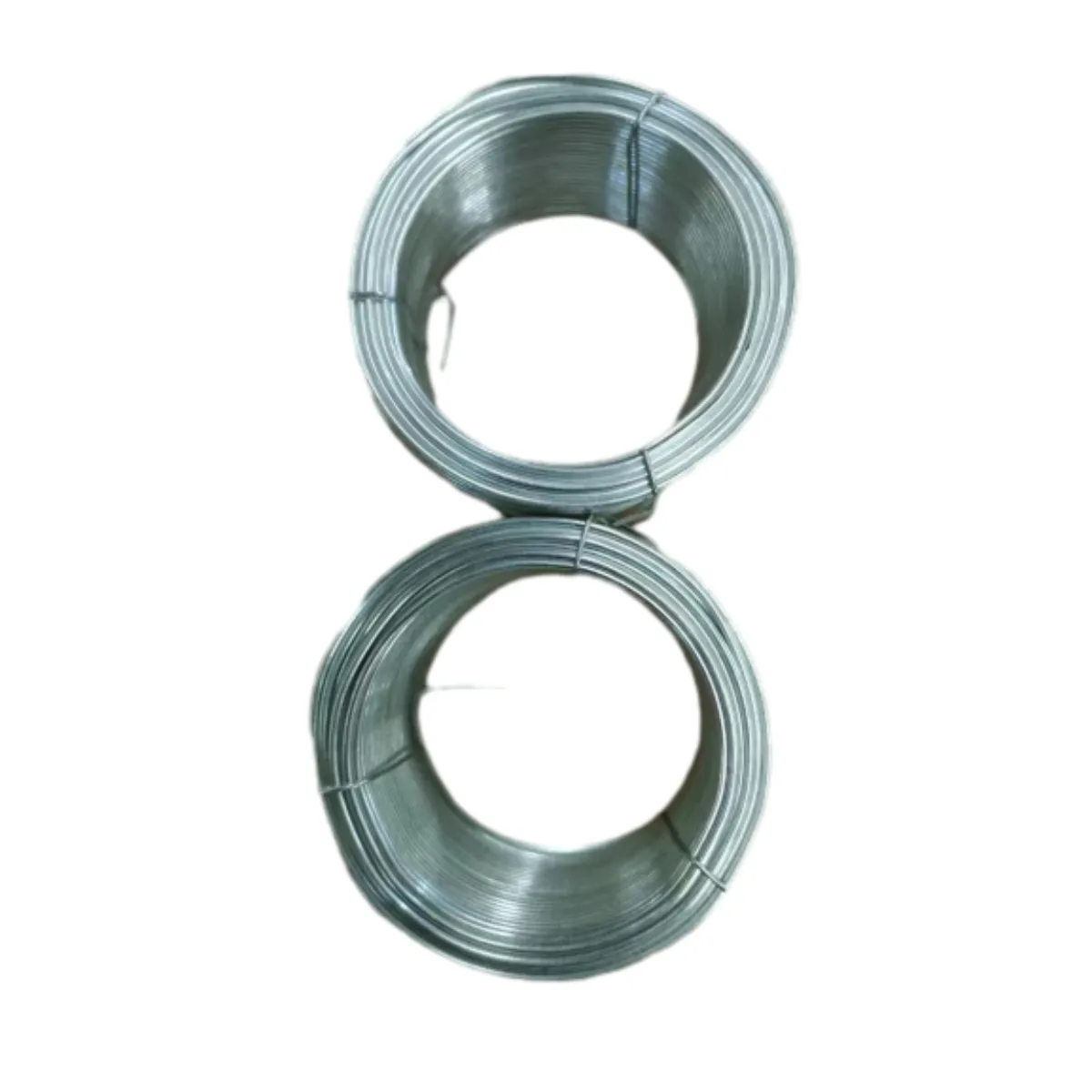Aug . 06, 2024 09:39 Back to list
Exploring the Versatility and Applications of Gabion Wire in Modern Construction Projects
Understanding Gabion Wire A Key Component in Modern Engineering
Gabion structures have emerged as an essential part of modern civil engineering, particularly in erosion control, landscaping, and habitat restoration projects. At the heart of these structures lies gabion wire, a critical component that enables the durability and effectiveness of gabion walls, baskets, and various other applications. This article delves into the significance of gabion wire, its properties, and its utility in various fields.
What is Gabion Wire?
Gabion wire is a type of wire mesh that is specifically designed for use in gabion structures. These structures are essentially cages, typically made of steel wire, that are filled with rocks, soil, or other materials to form a solid mass. The wire mesh serves as the framework that holds the fill materials in place while ensuring structural integrity. Gabion wire is typically made from high-quality, corrosion-resistant materials, such as galvanized steel or PVC-coated wire, which contributes to the longevity of gabion structures.
Key Properties of Gabion Wire
1. Corrosion Resistance One of the most critical properties of gabion wire is its resistance to corrosion. Given that many gabion applications are exposed to harsh environmental conditions, using galvanized or coated wire helps prevent rust and degradation over time, ensuring the structure remains stable.
2. Strength and Flexibility Gabion wire is designed to be both strong and flexible. This dual property allows it to withstand significant pressures from the fill material while still being able to adjust to ground movements or shifts in the environment. This flexibility is crucial, especially in areas prone to erosion or landslides.
3. Mesh Size The size of the mesh openings in gabion wire can vary depending on the application. Smaller openings are used to contain finer materials, while larger openings accommodate larger stones and rocks. This versatility allows for customized solutions to specific engineering challenges.
4. Environmental Friendliness Gabion structures are often favored for their environmentally friendly attributes. The use of natural materials for filling allows these structures to blend into the landscape seamlessly. Gabion wire complements this aspect by providing a sustainable and long-lasting solution.
gabion wire

Applications of Gabion Wire in Engineering
Gabion wire is utilized across multiple engineering sectors due to its versatility. Here are a few notable applications
- Erosion Control Gabion baskets are commonly used to stabilize riverbanks, shorelines, and slopes. The wire mesh holds the fill material together, forming a barrier that protects against erosion caused by water flow or heavy rain.
- Retaining Walls Gabion walls are often used as retaining structures to hold back earth and prevent landslides. The weight of the filled baskets, combined with their structural form, provides excellent support for sloped or uneven terrain.
- Landscape Design In landscaping, gabion wire baskets are used for decorative purposes, such as creating seating areas, planters, or garden walls. Their natural look and sturdy construction make them appealing for both functional and aesthetic applications.
- Habitat Restoration Gabions can also play a role in ecological restoration projects, providing habitats for wildlife. The gaps in the wire mesh offer space for vegetation, which can further stabilize soil and promote biodiversity.
Conclusion
In summary, gabion wire is an indispensable element in the construction of gabion structures, offering strength, durability, and flexibility while promoting environmental sustainability. Its applications in erosion control, landscaping, and habitat restoration exemplify its versatility in addressing various engineering challenges. As infrastructure demands grow and environmental concerns escalate, gabion wire will continue to play a vital role in innovative and sustainable engineering solutions.
-
euro-style-fence-trends-sleek-secure-sustainable
NewsAug.22,2025
-
from-construction-to-art-the-versatility-of-common-nails
NewsAug.22,2025
-
the-art-of-security-razor-wire-sculptures-in-modern-defense
NewsAug.22,2025
-
pvc-coated-wire-mesh-an-eco-friendly-choice-for-sustainable-development
NewsAug.22,2025
-
innovative-uses-of-galvanised-iron-wire-mesh-in-architecture
NewsAug.22,2025
-
the-ultimate-guide-to-installing-gabion-baskets-for-slope-control
NewsAug.22,2025









